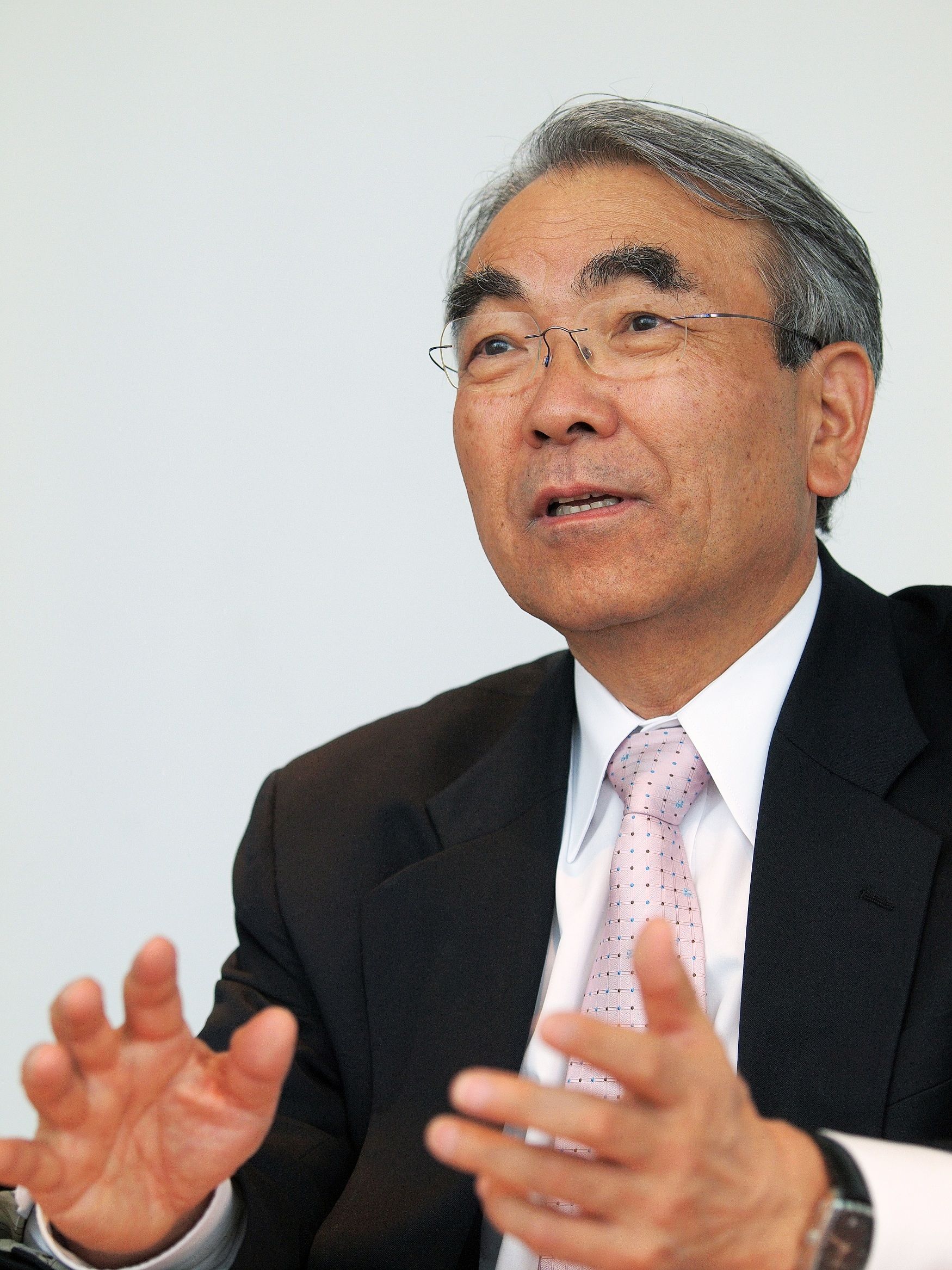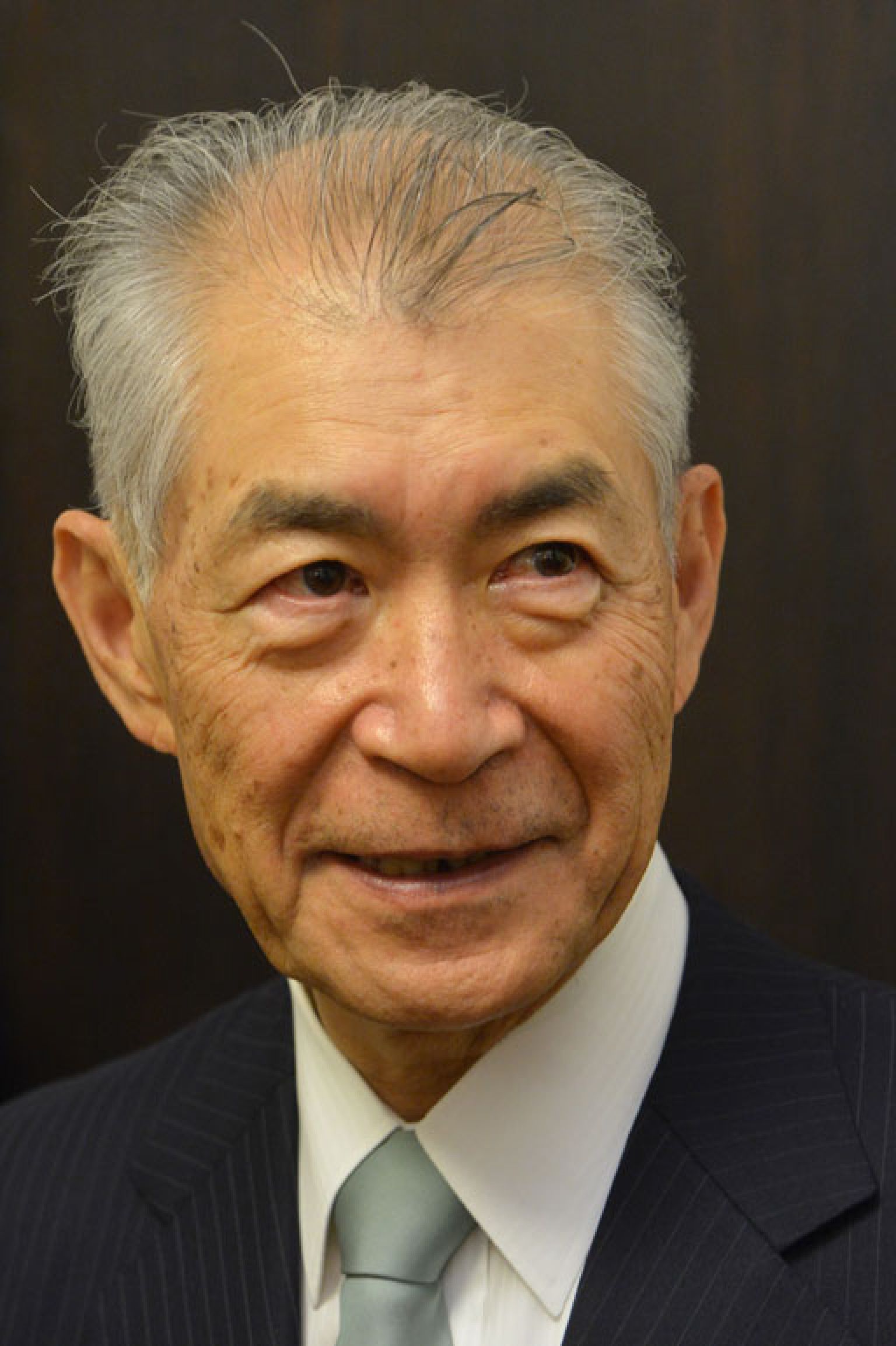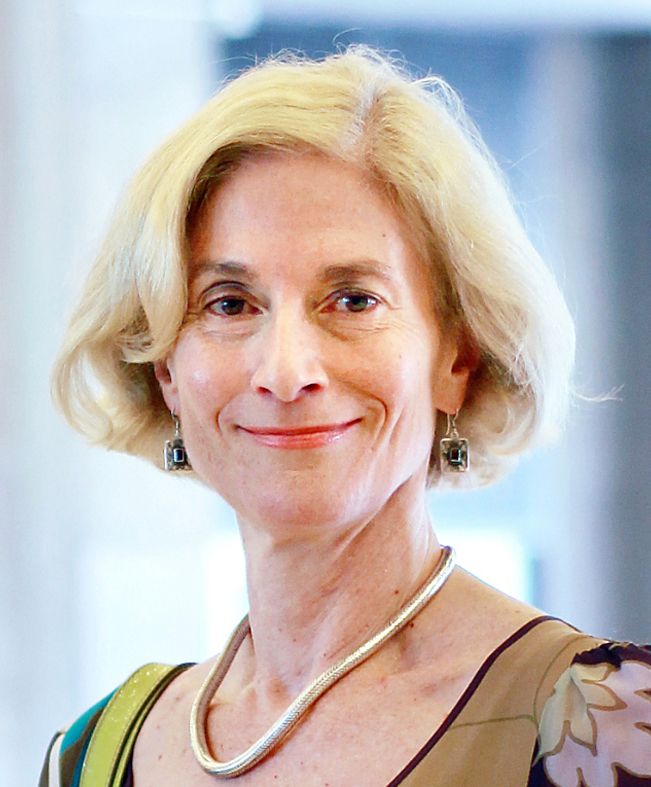Inamori Foundation Announces Three Laureates of 2016 Kyoto Prize
17 June 2016
Kyoto/Neuss – The Inamori Foundation announced on June 17 three laureates of the 2016 Kyoto Prize for their contributions in the fields of Advanced Technology, Basic Sciences, and Arts and Philosophy. The laureates are Dr. Takeo Kanade, a roboticist and U.A. and Helen Whitaker University Professor, Carnegie Mellon University in the United States, Dr. Tasuku Honjo, a medical scientist and professor at Kyoto University, and Dr. Martha Craven Nussbaum, a philosopher and Ernst Freund Distinguished Service Professor of Law and Ethics, The University of Chicago.
With its Kyoto Prize, the Inamori Foundation pays tribute to the lifetime achievement of personalities who have excelled in their fields through outstanding accomplishments. In accordance with tradition, the presentation ceremony will be traditionally held in Kyoto on 10 November 2016. The three laureates will each receive a diploma, the 20-karat gold Kyoto Prize medal and prize money of 50 million yen.
Dr. Takeo Kanade (Japan)
Dr. Takeo Kanade has made groundbreaking theoretical and practical contributions to the basic theory of computer vision and developed various innovative applied technologies in robotics, including pioneering achievements in the field of automated driving. His research on computer-based image recognition resulted in a method for developing face detection technologies using neural networks and subsequently commercial face-detection applications in many fields.
He also came up with a theory for modeling three-dimensional structures from two-dimensional images. The epoch-making developer of an artificial intelligence system capable of self-driving, he conducted a 4,500-kilometer demonstration “No Hands Across America” project.
A native of Hyogo Prefecture, Dr. Kanade, 70, is a recipient of various awards and honors, including the Azriel Rosenfeld Lifetime Achievement Award and Bower Award and Prize for Achievement in Science.
Dr. Tasuku Honjo (Japan)
Dr. Tasuku Honjo has discovered the mechanism responsible for the functional diversification of antibodies, immunoregulatory molecules and clinical applications of PD-1, whose function has led to the development of effective cancer immunotherapy. His discoveries and their clinical applications have greatly influenced research in the life sciences and medicine, making far-reaching contributions to human welfare.
He proposed the class switch recombination (CSR) model of antibody diversification and cloned activation-induced cytidine deaminase (AID), responsible for the CSR.
Furthermore, he identified several important immune-regulatory molecules, including PD-1. Clinical trials, employing the humanized anti-PD-1 antibody, showed marked efficacy against many kinds of cancer, and the antibody is now applied to the patients.
Dr. Honjo, 74, from Kyoto, has received many prizes and honors including the Robert-Koch-Preis and the Order of Culture from the Japanese government. He is a member of Leopoldina, the National Academy of Sciences, the American Association of Immunologists and the Japan Academy.
Dr. Martha Craven Nussbaum (USA)
Dr. Martha Craven Nussbaum has established herself as the developer of a new theory of justice by introducing the notion of incorporating human capabilities into the criteria for social justice, criticizing the conventional theory of equality.
Her initial encounter with ancient Greek tragedy and Aristotelian philosophy led her to question the rational individualism in modern Western society. She proposed a list of capabilities as central requirements of a life with dignity.
She taught philosophy and classics at Harvard University, her alma mater, and Brown University and served as a research adviser at the World Institute for Development Economics Research of the United Nations University. She has been a professor of law and ethics at the University of Chicago since 1995.
Dr. Nussbaum, 69, is a recipient of the Prince of Asturias Award for Social Sciences and the Order of the White Rose of Finland, First Class Knight, and a member of the American Academy of Arts and Sciences.
About the Kyoto-Prize
The Inamori Foundation was founded in 1984 by Kazuo Inamori, founder and now chairman emeritus of Kyocera Corp., a widely diversified fine ceramic and semiconductor components and electronic devices company based in Kyoto. The foundation awards the Kyoto Prize annually to people who have made significant contributions in the categories of Advanced Technology, Basic Sciences and Arts and Philosophy.
*Exchange rate from 15 June 2016
For more information about Kyocera: www.kyocera.eu
Editorial Material
- Press information (pdf) (97.26 KB)
- Press picture (Dr. Takeo Kanade) (jpg) (574.47 KB)
- Press picture (Dr. Tasuku Honjo) (jpg) (259.11 KB)
- Press picture (Dr. Martha Craven Nussbaum) (jpg) (85.31 KB)




